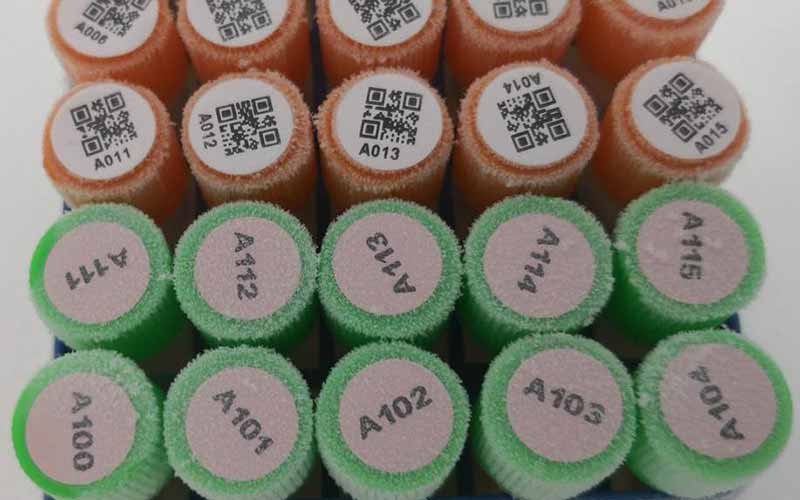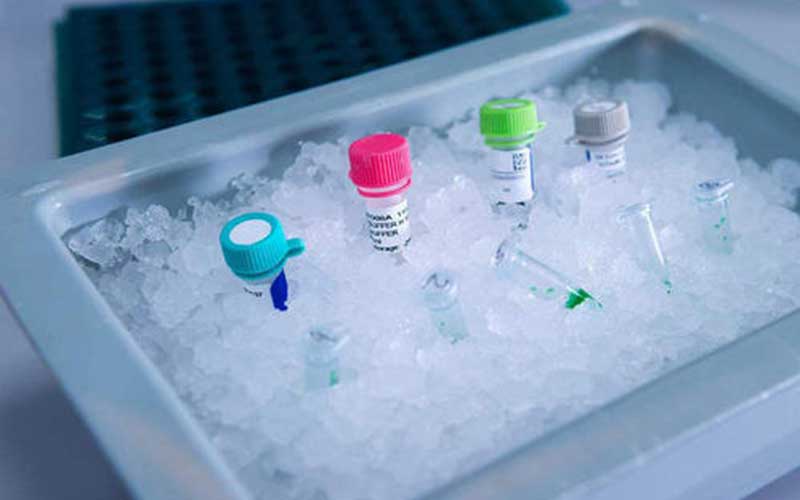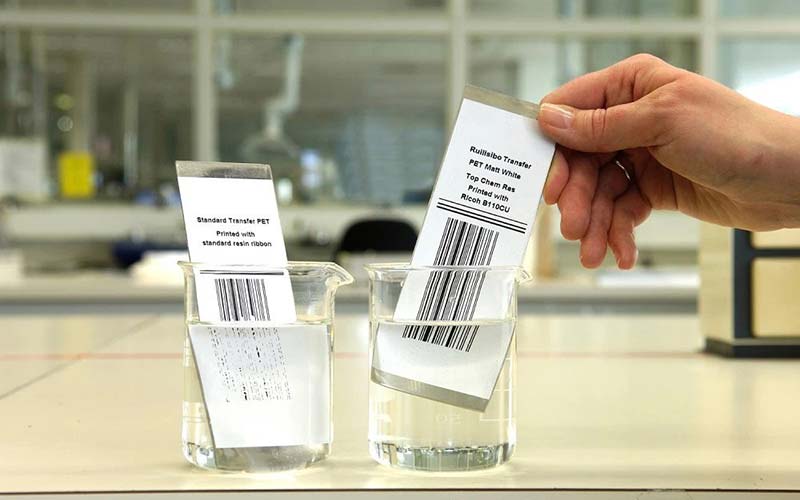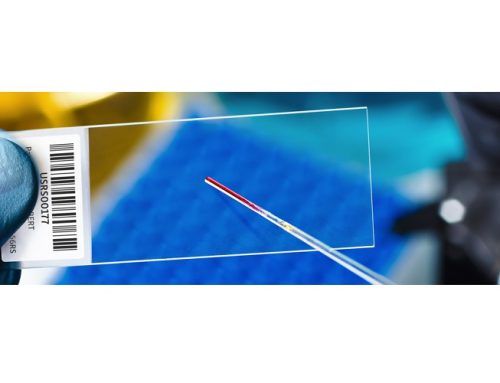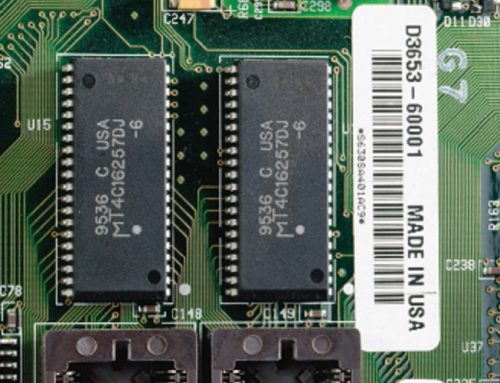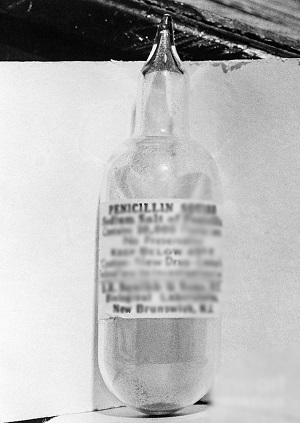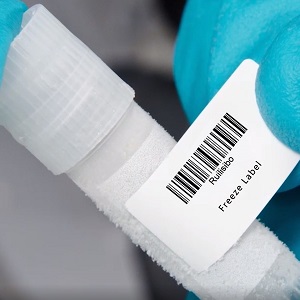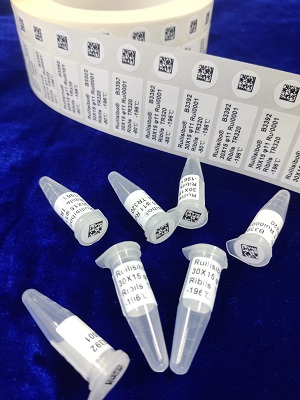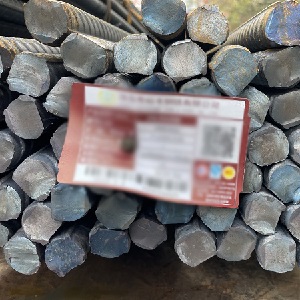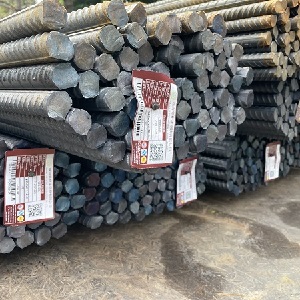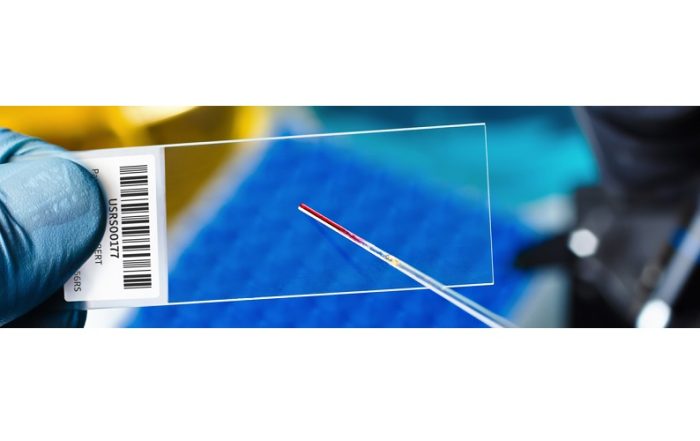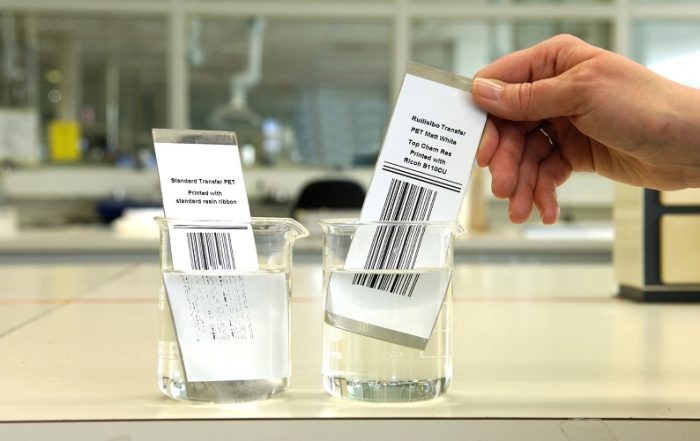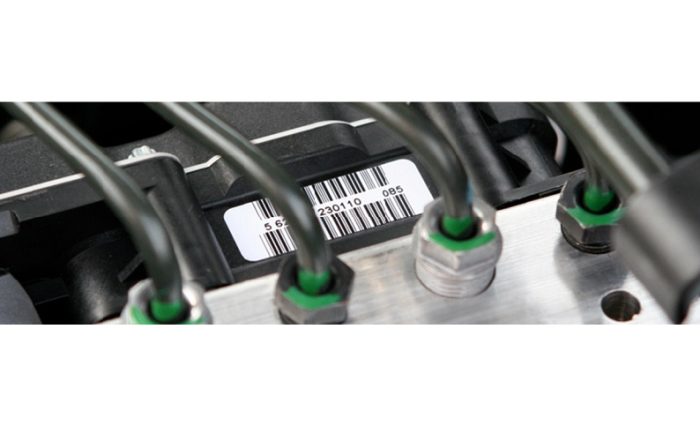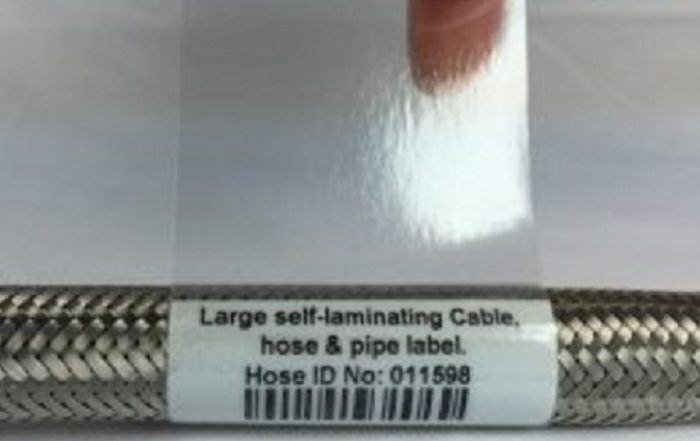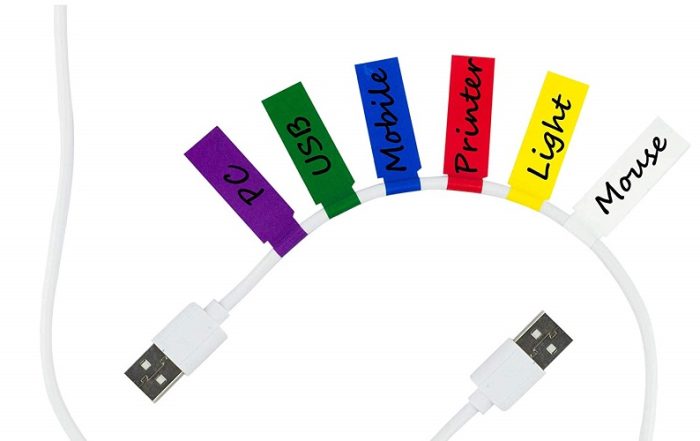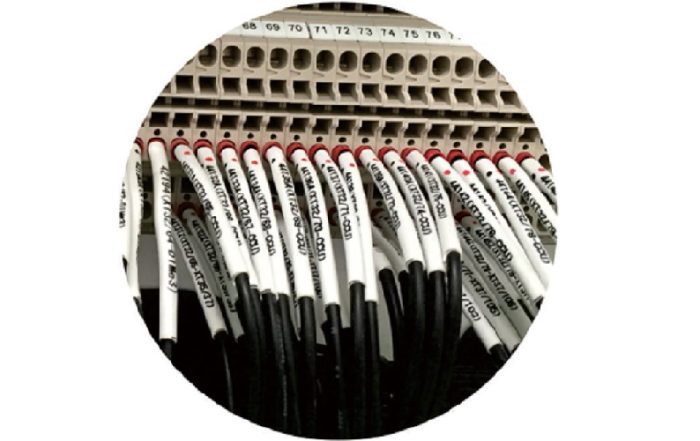Ruilisibo provides labeling solution for cryogenic applications. They are designed for enabling laboratories and biology medical to overprint patient data, barcodes and 2D codes. Such printed labels provide clear and secure identification of laboratory samples stored in liquid nitrogen (-196°C) or transported in dry ice (-80°C).
Thermal-Transfer Labels for Cryogenic Storage
Ruilisibo this cryo labels are ideally suited for storage of small diameter cryo tubes and vials, polypropylene cryo/freezer boxes, cardboard freezer boxes, cell culture plates, and plastic bags in liquid helium (-269°C), liquid or vapor phase liquid nitrogen (-196°C/-321°F), and lab freezers (-80°C/ -112°F), as well as for dry ice transportation. These labels can be immersed in liquid nitrogen immediately following application, and withstand multiple freeze-thaw cycles.
Benefits:
Resist extreme cryogenic temperatures (-269°C/-452°F, in liquid helium)
Strong permanent cryo adhesive allows labels to adhere to wet surfaces
Resist spraying and swabbing with alcohol and surface sanitizing wipes
Color Coding Labels for Cryogenic Storage
Ruilisibo labels are writable rectangular and small diameter round cryo labels for microtube sides and tops. Made with a strong cryo adhesive, they are ideal for -80°C freezers, dry ice, and liquid nitrogen storage (subject to testing of labels with intended vial cap). Specially designed to comfortably fit 0.5 ml, 0.6 ml, and 1.5 ml Eppendorf microtube caps and sides, these waterproof, cryo labels are coated with a permanent adhesive that can withstand prolonged storage inside ultra-low temperature freezers.
Benefits:
Strong permanent adhesive ensures labels will not
wrinkle or peel
Available in a wide range of colors for color-coding
tubes, vials, and other containers
Resist extreme cryogenic temperatures (-196°C/-321°F,
in liquid or vapor phase liquid nitrogen)
Thermal-Transfer Cryogenic Labels for Metal Racks
Ruilisibo this cryogenic labels for the identification of metal surfaces in liquid nitrogen Dewars, including aluminum cryogenic vial canes, metal racks for cryo and freezer boxes, as well as aluminum cassettes and metal sleeves. Specifically designed for easy marking and identification inside Dewar-type liquid nitrogen tanks (-196°C) and laboratory freezers (-80°C/-112°F).
Benefits:
Specifically designed to adhere to metal surfaces (e.g. stainless steel)
Resist extreme cryogenic temperatures (-196°C/-321°F, in liquid or vapor phase liquid nitrogen)
Printable with all common thermal-transfer barcode printer brands
Versatile design allows labels to withstand temperatures up to 100°C (212°F)
Deep-Freeze Labels (-80°C)
Thermal-transfer deep-freeze labels designed specifically for small diameter cryo tubes, vials, boxes, Falcon tubes, cardboard and polypropylene freezer boxes, cell culture plates, Petri dishes, plastic bags, and other containers, for storage in ultra-low temperature freezers (-80°C), and transportation on dry ice. These deep-freeze barcodes labels are suitable for general lab use, including the identification of beakers, flasks, boxes, and plastic or glass bottles stored in refrigerators, freezers, at room temperature, or in heated water baths.
Benefits:
Perfectly suited for the identification of vials and tubes
Freezer-grade adhesive allows labels to adhere to wet surfaces
Resist short and long-term storage in deep-freeze
conditions (-80°C/-112°F)
Deep-Freeze Labels for Microplates
Waterproof labels made of a durable thermoplastic film that are ideal for use on cell culture plates and flasks, micro-well plates, as well as PCR plates and Petri dishes. These micro-well plate labels are particularly useful for microbiology, genetics, and drug discovery laboratories.
Benefits:
Perfectly suited for the identification of microtiter plates
Able to withstand a wide temperature range (-80°C/-112°F to +72°C/+161.6°F)
Glove-friendly adhesive ensures labels can be removed without leaving any glue residue behind
Xylene & Chemical Resistant Labels
They are chemical ultra-resistant labels designed for use in histology and cytology laboratories. They have longterm resistance to common organic solvents such as xylene, toluene, hexane, acetone, alcohols, dimethyl sulfoxide (DMSO), acetonitrile (ACN), methyl ethyl ketone (MEK), as well as industrial thinners, flux, oils, grease, degreasers, gasoline, and other chemicals.
Intended for use on flat surfaces, these solvent-resistant labels, along with their printout, can withstand an extended period of time immersed in Xylene (thorough testing in end-user application conditions is highly recommended).
Labels are also resistant to standard gas sterilization with ethylene oxide (759 mg/L for 1 hour, at 55°C, and 40-80% relative humidity), and to continuous wiping and rubbing with surface sanitizing wipes such as Sani-Wipe™, Eco-Wipe™, and Eco-Wipe™ Duo.
Benefits:
Withstand extended exposure and long-term immersion in xylene and other harsh chemicals and solvents
Excellent stain resistance, ideal for microscope slides used in histology
Waterproof, and abrasion resistant
We do things others don’t, in ways they can’t.
If you still haven’t found the perfect fit, contact us! Your specific needs are our challenge! We leverage our extensive resources of facestocks, adhesives and industry experience to create many opportunities to meet your requirements.


